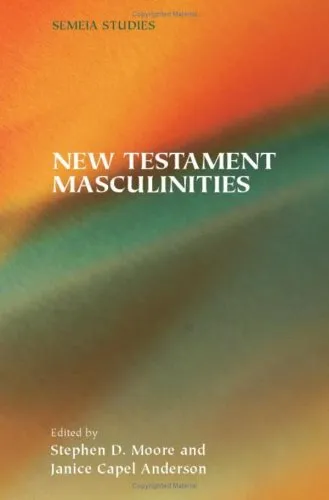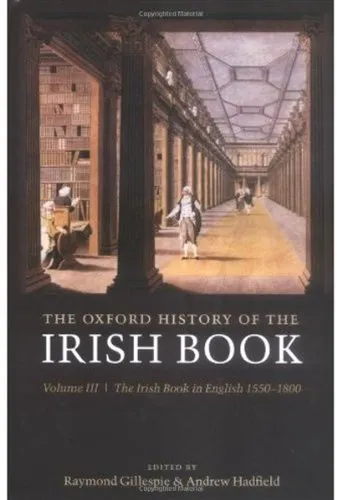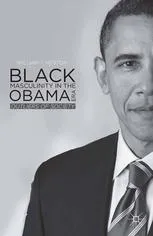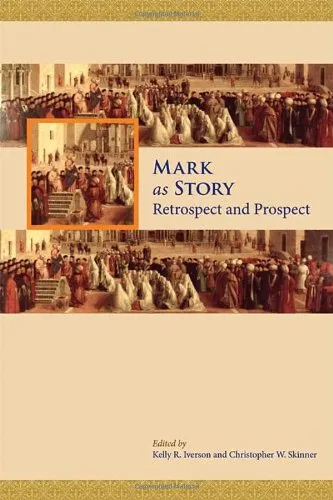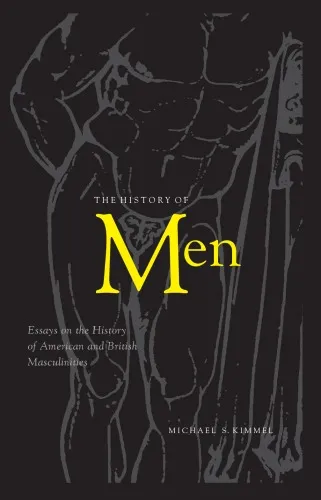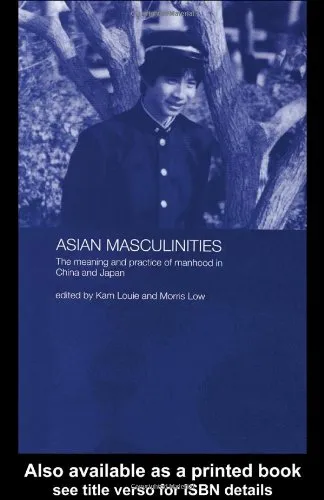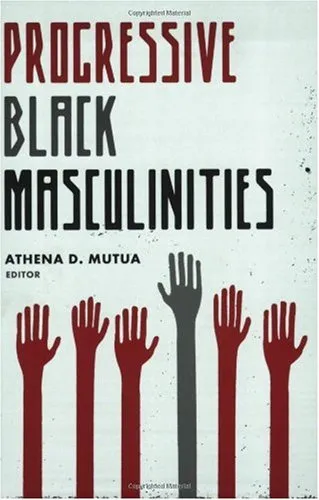New Testament Masculinities (Society of Biblical Literature Semeia Studies)
3.8
Reviews from our users

You Can Ask your questions from this book's AI after Login
Each download or ask from book AI costs 2 points. To earn more free points, please visit the Points Guide Page and complete some valuable actions.Related Refrences:
Introduction to New Testament Masculinities
New Testament Masculinities, edited by Stephen D. Moore and Janice Capel Anderson, is a groundbreaking scholarly work that examines the interplay between masculinity and the New Testament texts. This book, part of the Society of Biblical Literature Semeia Studies series, explores the cultural and sociological constructions of masculinity in the Greco-Roman world and their implications for early Christian writings. By drawing on contemporary gender theory, masculinity studies, and historical-critical methodologies, it provides a fresh perspective on how masculinity is both constructed and contested in the New Testament.
The contributors to this volume delve into various aspects of masculinity, exploring not only how the New Testament texts depict men and male behavior but also how these texts challenge or reinforce the dominant gender norms of antiquity. From Jesus’ redefinition of masculinity to Paul’s rhetorical strategies in crafting male identities, this collection of essays addresses nuanced questions of gender, power, and cultural ideology. The authors thoughtfully engage with the ways masculinity intersects with other social categories such as honor, shame, class, and race, making this an essential read for students, scholars, and anyone interested in the intersection of gender and early Christian studies.
Detailed Summary of the Book
New Testament Masculinities offers an in-depth analysis of how masculinity is articulated, negotiated, and reimagined in the New Testament. The book opens with an exploration of Greco-Roman cultural norms regarding masculinity, focusing on the dichotomy between ideals of manliness—such as control, honor, and authority—and behaviors deemed shameful or feminine. With this historical backdrop, the New Testament writings are positioned as both products of and responses to these hegemonic constructions of gender.
Each chapter spotlights specific texts or themes central to the discussion of masculinity. Topics include the portrayal of Jesus as a subversive model of masculinity that challenges traditional power structures, the role of male discipleship and vulnerability, and Paul’s complex negotiation of male identity in light of his mission to the Gentiles. Additionally, the book examines non-canonical texts and their perceptions of masculinity, bridging the New Testament with broader early Christian traditions.
One of the key strengths of the book is its interdisciplinary approach. By integrating perspectives from feminist studies, queer theory, and masculinity studies, the essays reveal the entwined nature of gender and power in early Christian ethics and theology. The volume serves not only as a critical interrogation of ancient texts but also as a conversation with contemporary debates about what it means to “be a man.”
Key Takeaways
- Masculinity in the New Testament cannot be understood apart from its Greco-Roman cultural context, which defined masculinity in terms of honor, dominance, and control.
- The New Testament offers alternative, often subversive, models of masculinity, especially in the portrayals of Jesus and Paul.
- Gender and power are deeply intertwined in early Christian texts, reflecting both cultural challenges and theological innovations.
- Masculinity in these texts is not monolithic; it is negotiated and expressed in diverse ways, opening space for rethinking traditional gender assumptions.
Famous Quotes from the Book
"The New Testament texts do not simply reflect masculinity; they actively construct and contest it."
"Jesus redefines what it means to 'be a man'—not through dominance but through service, humility, and self-sacrifice."
"Paul’s letters reveal a complex negotiation of masculinity, where strength is found in weakness and leadership is tied to vulnerability."
Why This Book Matters
New Testament Masculinities is a crucial contribution to both biblical studies and gender studies. At a time when discussions around masculinity and gender roles are increasingly prominent in our cultural discourse, this book offers an invaluable historical perspective, demonstrating that these debates are not new but have been part of Christian thought and practice since its inception. By uncovering the implicit and explicit constructions of masculinity in the New Testament, the authors invite readers to critically examine their own assumptions about gender and power.
Furthermore, this book matters because it bridges ancient and modern concerns. For religious communities, it offers a way to engage ethically with gender norms and hierarchies in light of scriptural texts. For academics, it provides a model of interdisciplinary scholarship that links the ancient world with contemporary gender theories. Ultimately, New Testament Masculinities enriches our understanding of both the New Testament and the ongoing human quest to define what it means to live as gendered beings.
Free Direct Download
You Can Download this book after Login
Accessing books through legal platforms and public libraries not only supports the rights of authors and publishers but also contributes to the sustainability of reading culture. Before downloading, please take a moment to consider these options.
Find this book on other platforms:
WorldCat helps you find books in libraries worldwide.
See ratings, reviews, and discussions on Goodreads.
Find and buy rare or used books on AbeBooks.
1397
بازدید3.8
امتیاز0
نظر98%
رضایتReviews:
3.8
Based on 0 users review
Questions & Answers
Ask questions about this book or help others by answering
No questions yet. Be the first to ask!
